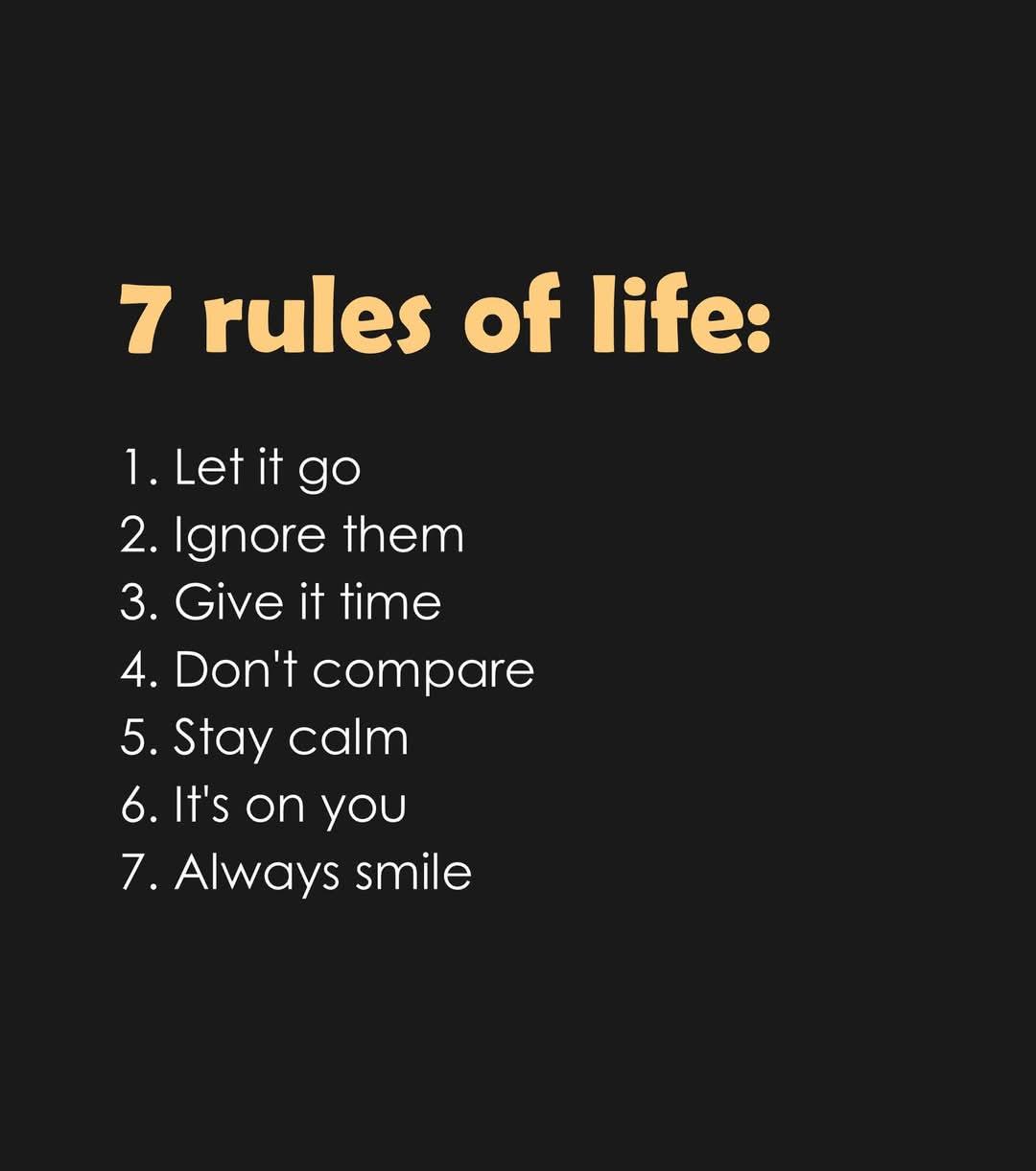Here are 5 deep facts about limes:
1. _Origin_: Limes are believed to have originated in Southeast Asia, specifically in Indonesia, Malaysia, or the Philippines.
2. _Vitamin C powerhouse_: Limes are an excellent source of vitamin C, with a single lime providing around 29% of the recommended daily intake.
3. _Culinary uses_: Limes are a staple in many cuisines, including Mexican, Indian, Thai, and Brazilian cooking.
4. _Medicinal uses_: Limes have been used in traditional medicine for centuries to treat ailments like scurvy, indigestion, and skin issues.
5. _Skin and hair benefits_: Lime juice can help to brighten skin, reduce acne, and even promote hair growth due to its antioxidant and antifungal properties.
Limes are a remarkable fruit with a rich history and numerous benefits!
Here are 5 deep facts about limes:
1. _Origin_: Limes are believed to have originated in Southeast Asia, specifically in Indonesia, Malaysia, or the Philippines.
2. _Vitamin C powerhouse_: Limes are an excellent source of vitamin C, with a single lime providing around 29% of the recommended daily intake.
3. _Culinary uses_: Limes are a staple in many cuisines, including Mexican, Indian, Thai, and Brazilian cooking.
4. _Medicinal uses_: Limes have been used in traditional medicine for centuries to treat ailments like scurvy, indigestion, and skin issues.
5. _Skin and hair benefits_: Lime juice can help to brighten skin, reduce acne, and even promote hair growth due to its antioxidant and antifungal properties.
Limes are a remarkable fruit with a rich history and numerous benefits!





